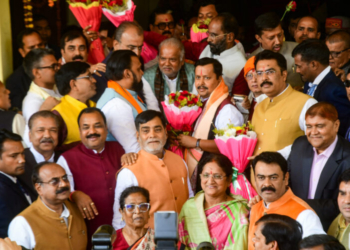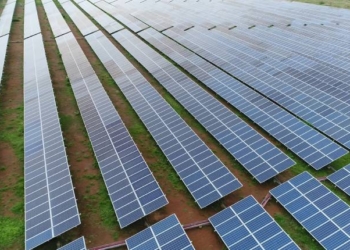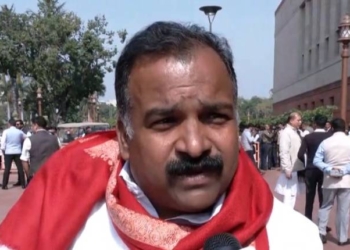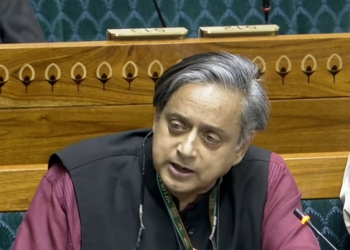New Delhi: Digital India has laid the foundation for a knowledge-based economy and digitally-empowered society towards the goal of becoming a ‘Viksit Bharat’ by 2047, Union Minister of State for External Affairs and Environment, Forest and Climate Change, Kirti Vardhan Singh, said on Monday.
Over the past 11 years, the government has brought a digital revolution, inspiring citizens to work digitally, which has had an unprecedented impact on 1.4 billion people, the minister said during a press conference on ‘Digital Infrastructure and Connectivity’ in the national capital.
“Under the leadership of Prime Minister Narendra Modi, the world is now recognising India’s digital revolution. Digital services like UPI, DigiYatra and DigiLocker are transforming lives and making everyday tasks simpler,” he added.
According to the minister, UPI is now being used in seven countries, including France, marking India’s digital payment success on the global stage.
Currently, UPI is used for payments in seven countries – the UAE, Singapore, Bhutan, Nepal, Sri Lanka, France and Mauritius. UPI’s launch in France is especially significant as it marks the first use of UPI in Europe.
This expansion allows Indian consumers and businesses to make payments and receive money easily while abroad. Several countries have signed Memorandums of Understanding to adopt India’s Digital Payment Infrastructure (DPI), enhancing India’s credibility in the global digital revolution.
Digital services have also helped curb corruption. The digital revolution has made it possible for money to reach beneficiaries directly without middlemen.
“Villages now have internet access, and the Ministry of Environment, Forest and Climate Change has streamlined its work through digital platforms. The Parivesh portal has made environmental clearances faster, simpler, and more transparent, compared to the lengthy processes before,” said the minister.
The ‘Digital India’ programme, launched by the government on July 1, 2015, envisions transforming India into a knowledge-based economy and digitally empowered society by ensuring digital services, accessibility, inclusion, and empowerment.














